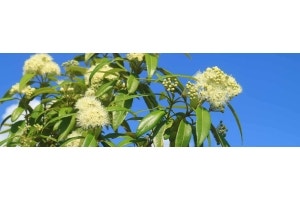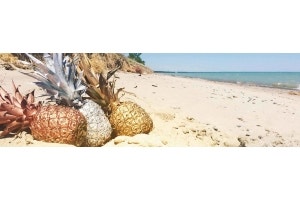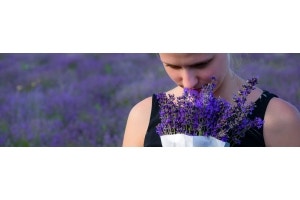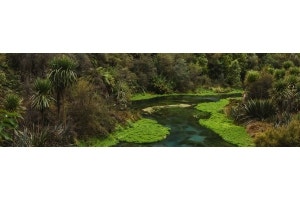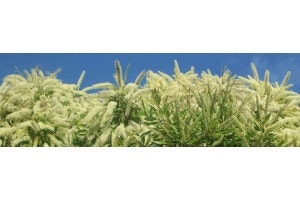How To
- How To Gardening Basics SeasonsDecember 31, 2024Summer is here, and our gardens are flourishing after the growth spurts of spring. Here's what to do, to keep your garden looking good right through autumn - and turn it into the garden of your dreams this year.
- How To Gardening Basics SeasonsDecember 13, 2024Summer is here, which means hot sun and - for some of us - no rain. Here's fifty ways to help your plants through the heatwaves and dry spells, to keep them looking good with as little effort as possible.
- How To Native PlantsNovember 01, 2024Geraldton waxflowers are a little fussy about where they will grow successfully, even though they are natives. Give them the right conditions and you'll have a better chance of them thriving in your garden.
- How To Gardening Basics Grasses & Groundcovers Native PlantsOctober 04, 2024What is a grass? How do you plant grasses? Can you plant grasses where you live? What care and maintenance do grasses need? We've got the answers
- How To Small Gardens Plant The Look - Design InspoAugust 23, 2024Wise gardeners know that our low-cost tubestock will catch up to pricier plants in just a few months. Take a look at our recent nursery plantings to see how fast our tubestock grows!
- How To Gardening Basics Popular PostsMarch 15, 2024Grafting is the process of attaching the top part of one plant to the roots of another. It's a skilled technique. Here's how it's done
- How To Gardening Basics SoilsFebruary 16, 2024We often recommend you plant your new tubestock in well-drained soil - but what IS well-drained soil? Find out here
- How To Native PlantsOctober 06, 2023Kangaroo paws are quite fussy garden plants to grow successfully, even though they are natives. Give them the right conditions and you'll have a better chance of them thriving in your garden.
- How To Gardening BasicsAugust 16, 2023
Why do we need to prune summer-flowering plants like hydrangea? We want our garden plants to work hard, be healthy, and look their very best - and pruning helps achieve that. Here's how to do it




